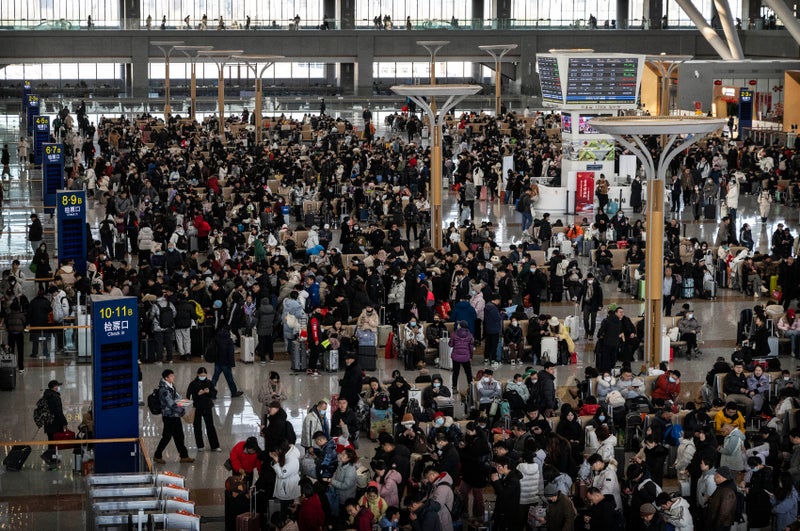When is Ramadan 2025? Your complete guide to Muslims' holy month
When is Ramadan 2025? Your complete guide to Muslims' holy month
Share:
As we prepare to say goodbye to January, many are looking ahead to the rest of the year and the important events that 2025 will bring. One significant occasion you may be curious about is Ramadan, which is set to begin in late February and is observed by Muslims around the world every year.
![[The best Chinese New Year activities in London to bring in the Year of the Snake]](https://static.standard.co.uk/2024/02/11/14/30/01HPC7G42TJ86STDFB0D9HKVV2.jpg?crop=8:5,smart&quality=75&auto=webp&width=960)
Here is a comprehensive guide to Ramadan 2025, providing insights into its dates, purpose, and how people can support their friends and family during this holy month. The precise dates of Ramadan in 2025 depend on the sighting of the moon, but it is anticipated to start on the evening of Friday, February 28, 2025, and end on the evening of Sunday, March 30, 2025.
![[The Bigger Life Festival: What will 2025 mean for you?]](https://static.standard.co.uk/2025/01/27/13/03/The-festival-pass.png?crop=8:5,smart&quality=75&auto=webp&width=960)
Ramadan is observed once a year, however because the Muslim calendar year is shorter than the Gregorian calendar, it begins 10 to 12 days earlier each year. Ramadan is a holy month in Islam characterised by fasting, prayer, reflection, and community. It encompasses several key aspects:.
![[When is Tết 2025? How Vietnamese New Year is celebrated]](https://static.standard.co.uk/2023/01/10/16/GettyImages-1231000108.jpg?crop=8:5,smart&quality=75&auto=webp&width=960)
It’s important to prioritise drinking enough water before and after fasting hours to prevent dehydration. Avoiding caffeinated beverages is also advisable, as they can increase water loss. Including hydrating foods, such as fruits and vegetables, can be helpful.
![[When is Easter 2025 and when are the school holidays?]](https://static.standard.co.uk/2022/03/23/10/WEATHER%20Spring%20%2008111575.jpg?crop=8:5,smart&quality=75&auto=webp&width=960)
Maintaining a balanced diet during iftar (the meal to break the fast) and suhoor (the pre-dawn meal) is crucial. During fasting hours, choose nutrient-dense foods that provide long-lasting energy, such as whole grains, lean proteins, and healthy fats, to support overall health and well-being.






















